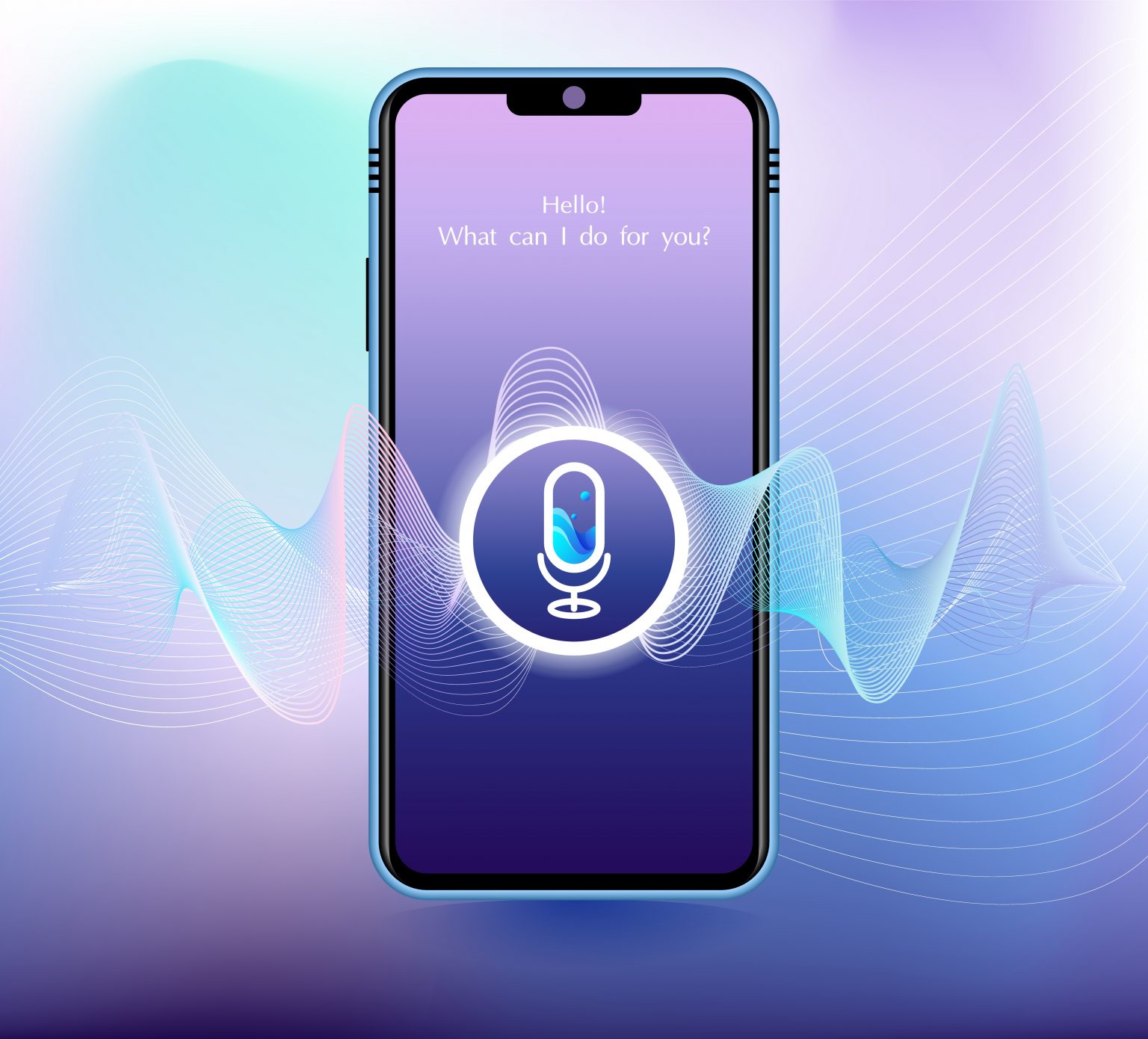The way people interact with search engines has transformed. No longer limited to typing short phrases into a search bar, users now ask full, natural questions through voice assistants like Siri, Alexa, and Google Assistant. This shift toward voice search and conversational queries is changing the rules of SEO, pushing businesses to rethink how they create and optimize content.
Why Voice Search Matters
Voice search adoption continues to grow because it’s fast, convenient, and intuitive. Speaking is quicker than typing, and it feels more natural to ask, “What’s the best pizza place near me?” rather than typing “best pizza NYC.” This trend means search engines are processing longer, more detailed queries that better reflect human conversation.
For businesses, adapting to this shift is critical. Websites that fail to optimize for natural language risk losing visibility to competitors who embrace voice-friendly strategies.
How Conversational Queries Change SEO
Traditional SEO focused heavily on short-tail keywords and exact matches. With conversational queries, the focus has expanded to:
- Question-based content: Users often start queries with “who,” “what,” “where,” and “how.” Structuring content to answer these directly improves visibility.
- Local intent: A large percentage of voice searches are local. Accurate business listings, maps, and locally relevant content are more important than ever.
- Natural tone: Content must sound conversational, aligning with how people actually speak, not just how they type.
By making content conversational and intent-driven, businesses increase their chances of being the chosen answer in voice search results.
Featured Snippets and Voice Results
One of the most significant outcomes of conversational queries is the rise of featured snippets—the highlighted answers at the top of Google’s results. Voice assistants often pull their answers directly from these snippets. To compete, businesses should structure content with clear headings, bullet points, and concise responses that directly address user questions.
Authority Still Matters
Even with these shifts, authority remains central to SEO success. Search engines want to deliver trustworthy answers, so they rely on signals like backlinks to determine credibility. A strong backlink profile makes it more likely your content will be selected as the go-to answer for voice queries.
That’s where a link building marketplace proves invaluable. By providing access to vetted publishers and niche-relevant websites, such platforms help businesses build high-quality backlinks at scale. This combination of authority and optimized conversational content is key to dominating voice-driven search results.
Final Thoughts
Voice search and conversational queries aren’t just trends—they’re the future of search behavior. Businesses that adapt by creating natural, question-based content, focusing on local intent, and strengthening their backlink profiles will be best positioned for success. Partnering with a reliable link


